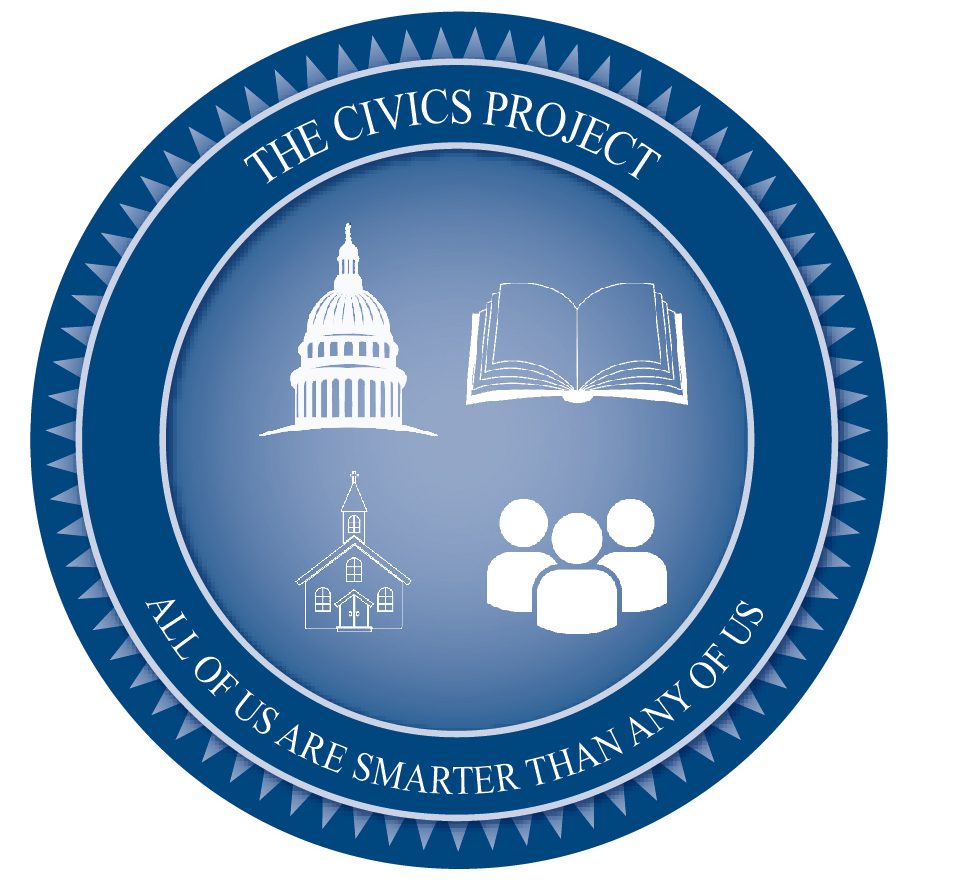The simplest things can be the hardest to master. Civics is such a thing. But I never really understood how complicated a topic civics could be until The Civics Project got off the ground. And the community hasn’t realized how difficult this topic is because no one has ever undertaken a micro view of civics-in-action before. Like breathing in and out, things can be a simple reflex that are easier to do than describe.
This project is a deep dive into how civics works in one target community – the city of Niagara Falls. We will use the principles of civics to unwind how we live, work and exist together as a community. We’ll explore how it’s supposed to work according to textbooks, and balance that against the reality of how it works in practice. By focusing on Niagara Falls we are in no way criticizing or applauding. We’re using one locality to describe what nearly every locality has to do – come together to meet the needs and desires of its residents and investors.
We are all better off together than separate. This much is settled economics. But that may be all that’s settled about civics. How we live together and support common goals – and each other – is far from settled. And what we’re finding is that getting people to think about expectations for their city is difficult. We’re much more likely to dwell on the past than to envision a future. How do we change that attitude? We also take this on with a dour sense. This needs to be fun, don’t lose that.
Humans adapt to their environment. After a short time, anything seems normal. It is fairly straightforward to describe the civics of Niagara Falls. It’s quite another thing to get people to imagine the resources available and what they could build with those resources. It could be that outsiders see things more clearly than insiders, which is why we need both. But the biggest challenge to this phase of the project has been to get people to discuss what might be rather than what has been.
This series of articles is a defined period of twenty weeks, specifically set around the local election cycle to take advantage of heightened awareness. We’re reaching out to residents, investors and businesses to see what they think – and get them thinking about what they expect – about this city. How did it get to where it is now. Where might it be headed in the future.
To date we’ve had some very interesting revelations. Former Mayor Vince Anello shared that although we’ve had a professionally prepared master plan for ten years, a plan developed by experts based on previous plans, the city has never used it as a governing document. Roberta O’Toole followed up on that with the some sane logic that if anyone proposes yet another master plan instead of simply using the current plan we’d be doing what always happens – putting off any sort of commitment to progress. The chaos system of management should be scrapped.
It’s no secret that one of Niagara Falls’ most famous residents was the most powerful mafia boss in the United States. Get your head around that. Magadino may have died but Tom Stevenson didn’t shy away from labeling the new millenium organized crime syndicate to be government itself. He also splashed cold water on the benefits to the economic model based on the poverty economy.
Steve Baum, a retired Niagara Falls cop, reminds us that elected officials are not the rock stars they make themselves out to be, but rather our employees. He’s not going to ask for favors. He hired these people and they work for him. A variation on the notion that too many people want to rule rather than govern.
Brian Archie, Sr has the optimism and drive of someone we need involved in today’s Niagara Falls. He connects with people porch-to-porch, and told us that although we’re all connected to the world via our cell phones city residents are less connected to each other than ever before.
John Spanbauer wants to get elected to the city council this year by educating himself on serious budget issues and then educating the rest of us on the same thing. We should all sincerely hope that type of campaigning catches fire and becomes the new normal moving forward. Why can’t it start in Niagara Falls.
Finally, all of the searching for intelligent discourse on the civics of this city paid off when we rediscovered Bill Feder, who was hiding in plain sight after 60 years of public service. He is a living treasure deep and calm. He put the entire project into perspective in only six words: Niagara Falls is an unclaimed promise.
Do we need more proof that all of us are smarter than any of us?
Those are seven straightforward people who have been willing to speak publicly. Dozens more have connected via email to share their knowledge. There have also been some very public and powerful people who have shared unvarnished stories on the workings of Niagara Falls but cannot be named. It will take all of us to understand, correlate and get our heads around the future of this one specific place and how it works.
Still – I’ve yet to find anyone who will take the blinders off and dream big. Maybe beyond big.
The civics takeaway: after we listen we will plan; after we plan we will act. We’ve still got some listening to do but certain things are coming into focus. The city budget comes out next week and emotions are running high. The decisions made over the budget will tell a lot but they’re still only signposts of the city direction. There’s a much bigger picture.
